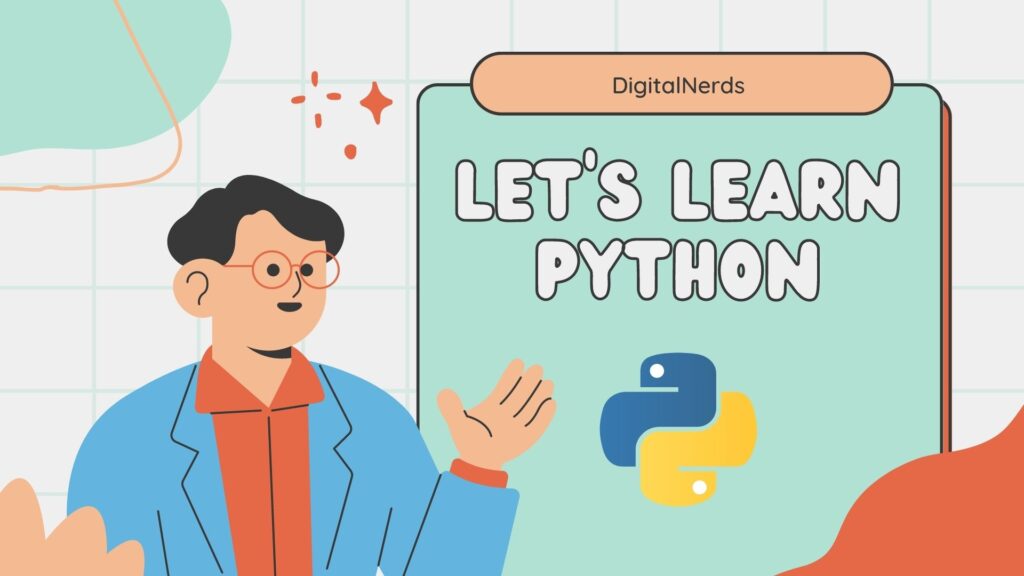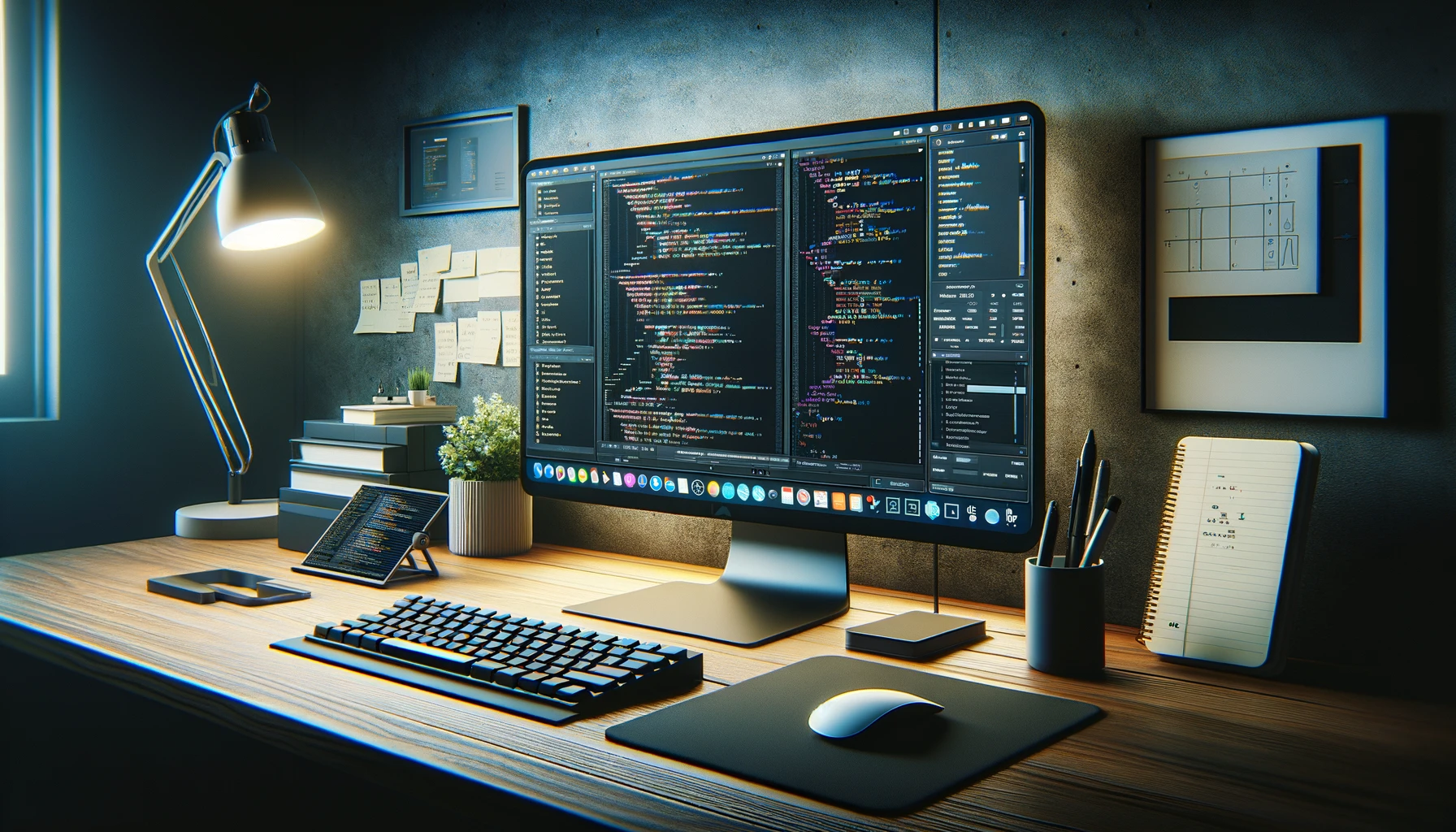Python has emerged as one of the most popular programming languages globally, with increasing demand and lucrative opportunities for Python developers. If you’re eager to explore the world of coding and become a Python Developer, this article will guide you through the process. Learn why Python is worth learning and discover the steps to kickstart your journey as a Python Developer. Also, get your free Python course at the end of this article.

Why Learn Python?
Python’s popularity has been soaring, making it a highly sought-after programming language. It holds the top spot in IEEE Spectrum’s list of top programming languages. Python’s appeal stems from its versatility, making it suitable for beginners and experienced coders alike. Moreover, Python shines in domains such as Data Science, Artificial Intelligence, and Machine Learning due to its extensive libraries and robust analytical capabilities.
How to Get Started as a Python Developer?
Embarking on your journey as a Python Developer requires a structured approach. Begin by mastering the fundamentals of Python programming, including data types, variables, algorithms, control statements, exception handling, and more. Building a strong foundation will set you up for success as you progress further.
Mastering the Fundamentals:
To become proficient in Python, it’s crucial to gain a solid understanding of key concepts and topics, such as data types, variables, data structures, algorithms, conditional and control statements, exception handling, input/output operations, file handling, modules, and database knowledge. These fundamentals will form the basis of your Python programming skills.
Exploring Web Development:
If you aspire to become a web developer, you can further enhance your skills by learning HTML, CSS, and web frameworks such as Flask or Django. Building expertise in server-side development, MVC-MVT architecture, scriptwriting, and front-end skills will empower you to develop web applications and GUI-based applications.
Delving into Data Science:
For those interested in the field of Data Science, honing specific skills is essential. You’ll need a strong foundation in mathematics and statistics, along with proficiency in libraries like NumPy, Matplotlib, Seaborn, and Pandas. Additionally, skills in data visualization, data analysis, data interpretation, and database knowledge are crucial for exploring the vast field of Data Science.
Venturing into AI and Machine Learning:
To become proficient in AI and Machine Learning, you’ll need to delve into machine learning algorithms and familiarize yourself with libraries such as TensorFlow, Keras, and Scikit-learn. Building prediction models, understanding statistics and applied mathematics, and cultivating problem-solving skills will set you on the path to becoming an expert in these domains.
Advancing into Test Automation:
As you progress in your programming journey, you may choose to specialize in test automation. Writing Python scripts to automate functionality checks and testing processes will help you master automation skills. Familiarize yourself with computer vision using OpenCV and web scraping using libraries like Requests and Beautiful Soup to expand your capabilities.
Miscellaneous Skills to Enhance Your Programming Abilities:
Continuously improving your programming skills is vital. Consider developing skills in computer vision using OpenCV and web scraping using libraries like Requests and Beautiful Soup. These additional skills will make you a more versatile and competent programmer.
Practicing and Implementing What You’ve Learned:
The key to becoming a proficient developer is consistent practice. Apply the theoretical knowledge you’ve acquired by working on datasets, performing data analysis, and implementing various models. Engage in hands-on projects and leverage Python libraries to gain practical experience. Additionally, consider enrolling in a certification program to fast-track your learning process and gain recognition for your skills.
Free Python Course:
Master Python Programming with this Comprehensive Resource!
Conclusion:
In this article, we’ve explored the reasons why Python is worth learning and provided a structured approach to becoming a Python Developer. By mastering the fundamentals, exploring different domains such as web development, data science, AI, and machine learning, and continuously practicing and implementing what you’ve learned, you can achieve your goals as a Python Developer. Remember, practice is key to mastering Python, so embrace the learning process and enjoy the journey toward becoming a proficient Python Developer.




